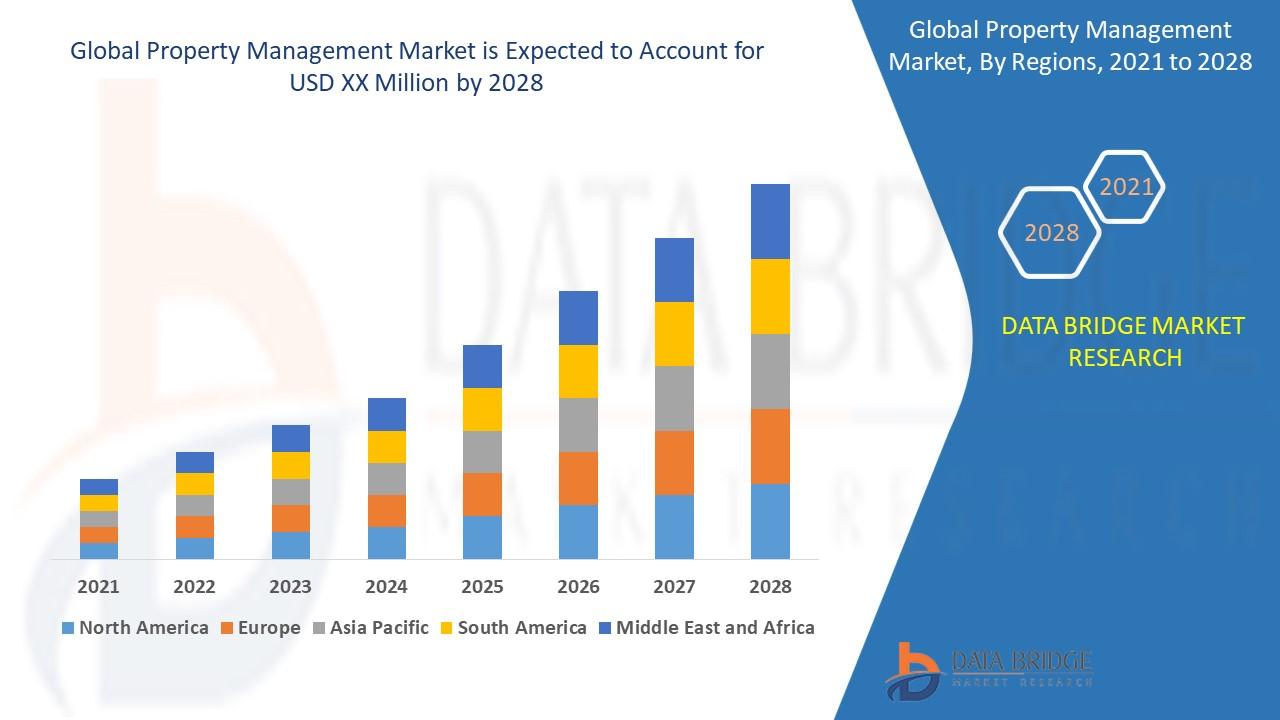Robust Growth Momentum in the Psoriasis Drug Market
Market Summary
Global Psoriasis Drug Market size and share is currently valued at USD 29.5 billion in 2024 and is anticipated to generate an estimated revenue of USD 56.96 billion by 2034, according to the latest study by Polaris Market Research. Besides, the report notes that the market exhibits a robust 10.8% Compound Annual Growth Rate (CAGR) over the forecasted timeframe, 2025 - 2034
The global psoriasis drug market is witnessing substantial growth due to the increasing prevalence of autoimmune skin disorders and advancements in dermatological research. Psoriasis is a chronic inflammatory condition characterized by rapid skin cell proliferation, resulting in red, scaly patches that can cause discomfort and psychological distress. The disease affects millions of individuals worldwide, with varying severity, from mild cases to severe plaque psoriasis requiring long-term medical intervention.
Pharmaceutical innovations have transformed the treatment landscape, moving beyond traditional topical creams and phototherapy to include advanced biologics, small molecule inhibitors, and targeted immunotherapies. These new-generation treatments address the underlying immune mechanisms responsible for psoriasis, offering better efficacy and sustained remission. The growing understanding of immune pathways, such as interleukin (IL)-17, IL-23, and tumor necrosis factor-alpha (TNF-α), has paved the way for precision medicine approaches in dermatology.
The market is characterized by the presence of both established pharmaceutical giants and emerging biotech firms competing to develop safer, more effective, and affordable treatment options. With the rising global healthcare expenditure and growing awareness of chronic skin diseases, patient access to dermatological care and biologic therapies has improved significantly.
Key Market Growth Drivers
Several factors are driving the growth of the psoriasis drug market. The increasing global prevalence of psoriasis, often linked to genetic predisposition and environmental triggers, remains the primary driver. Lifestyle factors such as stress, smoking, and obesity have also contributed to higher incidence rates, further expanding the need for effective therapies.
Advancements in immunology have played a transformative role in drug discovery. The emergence of biologics targeting specific immune pathways has revolutionized psoriasis management. Medications such as monoclonal antibodies that inhibit cytokines involved in inflammation have provided patients with long-term control and improved quality of life. In addition, the development of biosimilars has expanded treatment accessibility and affordability, especially in developing regions.
Another critical growth factor is the increasing investment in research and development activities by leading pharmaceutical companies. Extensive clinical trials are being conducted to evaluate the efficacy and safety of novel molecules, including JAK inhibitors and TYK2 inhibitors, which represent the next wave of targeted therapies.
Rising awareness among patients and healthcare professionals about the chronic and systemic nature of psoriasis is also driving market demand. Psoriasis is now recognized not just as a dermatological disorder but as a systemic condition associated with comorbidities such as psoriatic arthritis, cardiovascular diseases, and metabolic syndrome. This has led to multidisciplinary treatment approaches and higher emphasis on long-term disease management.
In addition, government initiatives and healthcare reimbursement policies in developed countries are supporting wider adoption of biologic and systemic treatments. Increased availability of patient assistance programs and teledermatology platforms has further facilitated diagnosis, consultation, and access to prescribed medications.
𝐁𝐫𝐨𝐰𝐬𝐞 𝐌𝐨𝐫𝐞 𝐈𝐧𝐬𝐢𝐠𝐡𝐭𝐬:
https://www.polarismarketresearch.com/industry-analysis/global-psoriasis-drug-market
Market Future Scope
The future of the psoriasis drug market appears promising, driven by continuous advancements in biologics, small molecules, and personalized medicine. Research efforts are increasingly focusing on identifying biomarkers for disease progression and treatment response, enabling precision therapy for individual patients.
Novel biologics that target specific cytokines such as IL-23 and IL-17A are expected to dominate future treatment protocols, offering durable efficacy with reduced dosing frequency. Furthermore, small molecule oral drugs, such as TYK2 inhibitors, are gaining attention for their convenient administration and ability to manage moderate-to-severe psoriasis effectively.
Gene therapy and RNA-based treatments are emerging as potential breakthroughs that could redefine long-term disease management by addressing root causes rather than just symptoms. Integration of artificial intelligence and digital health tools is likely to enhance patient monitoring and treatment adherence. These technologies will support dermatologists in tracking flare-ups, medication response, and lifestyle factors affecting disease control.
In addition, the trend toward combination therapy is expected to gain momentum. Combining biologics with other systemic drugs or topical treatments may optimize results for patients who do not respond adequately to monotherapy. Pharmaceutical companies are actively exploring new formulations and drug delivery systems, including long-acting injectables and topical biologics, aimed at improving patient convenience.
The expansion of healthcare access in developing nations will open new growth avenues for the market. Increasing disposable income, growing insurance coverage, and rising dermatological awareness in regions such as Asia-Pacific and Latin America will contribute to market expansion. As healthcare systems in these areas mature, patient access to innovative psoriasis treatments will continue to improve.
Regional Analysis
The psoriasis drug market shows diverse regional dynamics shaped by healthcare infrastructure, awareness levels, and economic conditions.
North America currently leads the global psoriasis therapeutics market, driven by strong research capabilities, high diagnosis rates, and early adoption of advanced biologics. The United States dominates the regional market due to the presence of leading pharmaceutical companies, ongoing clinical trials, and supportive reimbursement frameworks. Increasing prevalence of psoriasis and psoriatic arthritis has encouraged continuous innovation in biologic and biosimilar development. Canada is also witnessing growth through public awareness initiatives and expanded access to specialty dermatology care.
Europe holds a substantial share of the market, supported by a well-established healthcare system and favorable regulatory environment. Countries such as Germany, the United Kingdom, France, and Italy are key contributors, emphasizing advanced immunotherapies and patient-centric treatment programs. The European Medicines Agency (EMA) has facilitated faster approvals of innovative biologics and biosimilars, fostering competition and reducing treatment costs. In addition, patient advocacy groups across Europe are raising awareness about psoriasis as a systemic disease, promoting early intervention and holistic care.
Asia-Pacific is expected to experience the fastest growth over the coming years. Rising healthcare spending, expanding access to dermatology specialists, and increasing awareness of skin disorders are major factors driving this trend. Countries such as Japan, China, South Korea, and India are emerging as major markets for psoriasis treatments. Japan, with its advanced biotechnology sector, is leading innovation in next-generation biologics, while China’s expanding healthcare infrastructure and policy reforms are improving drug availability.
Latin America and the Middle East & Africa are emerging markets with growing potential. In Latin America, Brazil and Mexico are leading in terms of market penetration, supported by public health initiatives and collaborations with international pharmaceutical companies. In the Middle East & Africa, improved healthcare infrastructure and awareness campaigns are gradually increasing patient diagnosis and access to modern psoriasis treatments. While affordability remains a challenge, biosimilars and generic drugs are expected to enhance treatment availability in these regions.
Key Companies
The global psoriasis drug market is highly competitive, with key players focusing on innovation, partnerships, and product expansion. Prominent companies operating in this market include:
• AbbVie Inc.
• Amgen Inc.
• Novartis AG
• Eli Lilly and Company
• Johnson & Johnson Services, Inc.
• Pfizer Inc.
• Bristol Myers Squibb Company
• UCB S.A.
• Biogen Inc.
• Sun Pharmaceutical Industries Ltd.
• Leo Pharma A/S
• Takeda Pharmaceutical Company Limited
• Boehringer Ingelheim International GmbH
• Merck & Co., Inc.
• Galderma S.A.
These companies are actively investing in research and development to introduce next-generation biologics and targeted oral therapies. Strategic collaborations, mergers, and licensing agreements are being pursued to strengthen product pipelines and global presence. The growing demand for biosimilars and patient-friendly formulations has also encouraged diversification within product portfolios.
Conclusion
The global psoriasis drug market is undergoing a period of significant transformation, propelled by advancements in immunotherapy, biotechnology, and personalized medicine. Increasing awareness of psoriasis as a chronic systemic disease has led to earlier diagnosis and a broader treatment landscape. Pharmaceutical innovation, coupled with supportive healthcare policies, is enhancing patient outcomes and expanding global market reach.
More Trending Latest Reports By Polaris Market Research:
5G Fixed Wireless Access Market
Why Vegan Cosmetics Are Better for Your Skin and the Planet?
Semiconductor Intellectual Property Market


